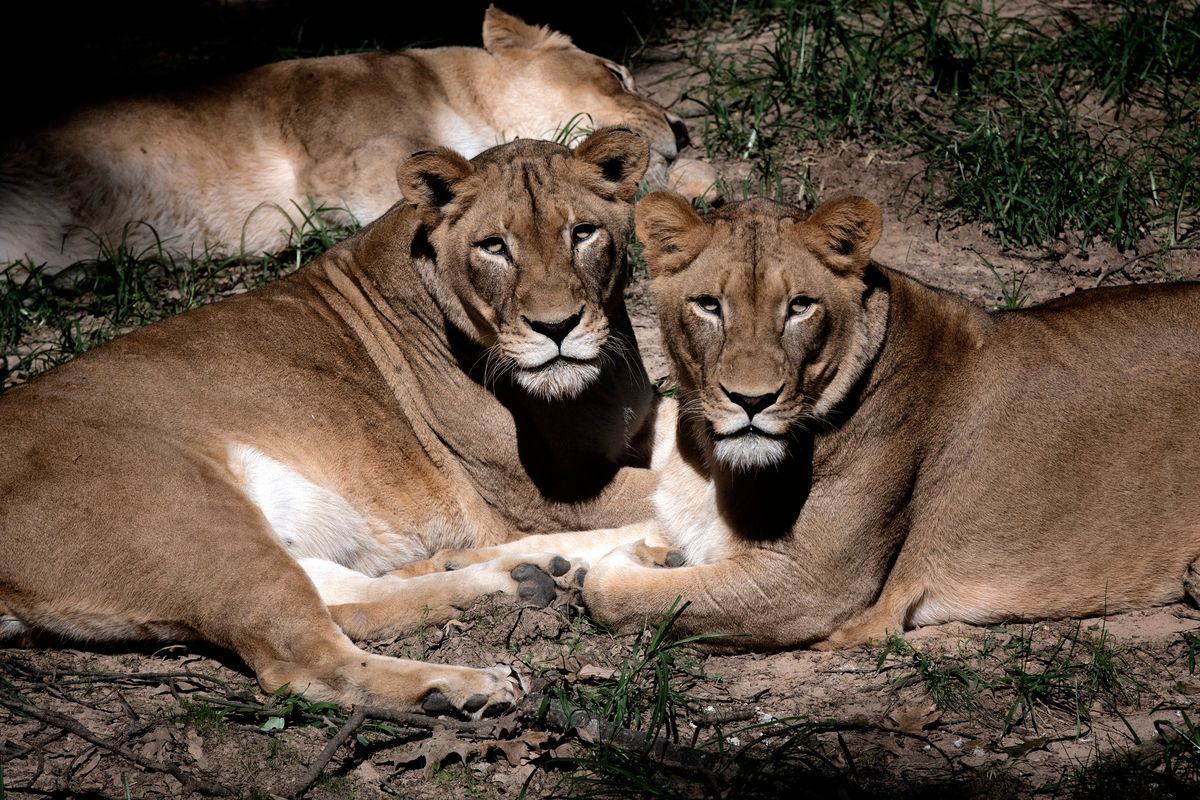Ask Dr. Universe: How does COVID-19 affect our household pets?

Washington State University
Dear Dr. Universe: How does COVID-19 affect our household pets? – Kolton, 11, Michigan
Dear Kolton,
A lot of researchers around the world are investigating this very question. While we don’t know everything about how the SARS-CoV-2 virus affects household pets, there are some things we do know.
My friend Dr. Raelynn Farnsworth, a veterinarian at Washington State University, told me all about it.
The risk of household pets spreading the SARS-CoV-2 virus to humans currently seems to be very low, she said. But a human who has the virus could potentially spread it to an animal, like a cat or dog, if they’ve been in close contact.
At the beginning of the pandemic, scientists at WSU and the University of Washington wanted to investigate a similar question to the one you’ve asked. They visited with pets that were living in households where the owners had COVID-19, the disease caused by the SARS-CoV-2 virus.
They tested the cats and dogs for the virus by putting a little swab up the animals’ noses. Maybe you or someone you know has had a test like this, too. Farnsworth said it’s a bit harder to do a swab test in cats just because they have such tiny nostrils. Veterinarians sometimes give the cats a little throat swab instead.
In the communities they studied, none of the pets showed symptoms of COVID-19. Those symptoms can often include sneezing, a runny nose, watery eyes or fever.
Some cats and dogs didn’t show any symptoms, but they did have something else. The researchers found antibodies. Antibodies are a substance the body makes when it responds to a foreign substance in the body, like SARS-CoV-2. The antibodies develop to help fight off any future disease.
This was just one of many studies on pets and COVID-19 in our world. Scientists continue to look for cases of COVID-19 in animals. For example, in September, the first U.S. case of a ferret with COVID-19 was reported in Florida.
Farnsworth told me one animal related to the ferret is the mink. Early in the pandemic, researchers learned that humans can pass the virus onto mink and mink can also pass it back to humans.
Scientists have also found COVID-19 in animals including tigers, lions, otters, nonhuman primates, hippos and white-tailed deer. We are still learning exactly how transmission between humans and other animals happens.
If you have more questions about COVID-19 in household pets or if you are curious about COVID-19 in other kinds of animals, you can visit the Centers for Disease Control and Prevention and their “Healthy Pets, Healthy People” website at cdc.gov/healthypets/covid-19.
Thanks for your thoughtful question, Kolton. While there’s still a lot more research to do around COVID-19, including how it affects our pets, it’s great to know there are smart and caring researchers in our world who are helping us learn more about it. They work hard so people and their pets can be safe and healthy.
Sincerely,
Dr. Universe
Know a kid with a science question? Adults can help kids submit a question at askdruniverse.wsu.edu/ask for a chance to be featured in a future video, podcast or Q&A post.